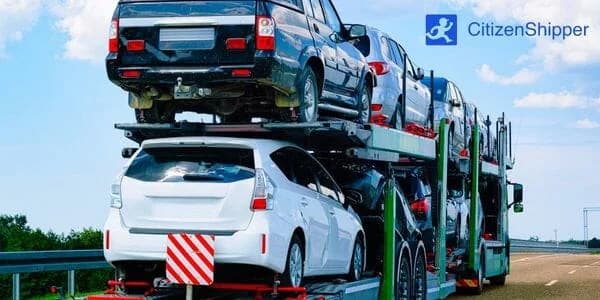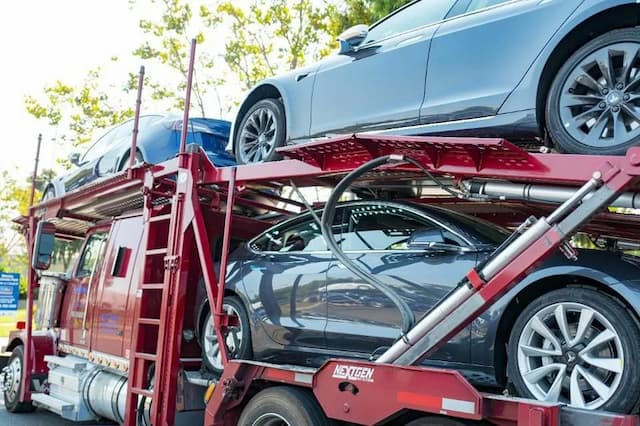Navigating Car Transport in Austin, TX
When it comes to shipping your car in Texas, there's a world of factors to consider. Texas, with its vast size, diverse climate zones, and unique transportation regulations, presents a distinct set of circumstances. But don't worry! Here at CitizenShipper, we are committed to helping you navigate through it all. Whether you're moving into or out of Austin or need to transport your car for any reason, our expert team is here to help.
Texas's Vehicle Transportation Laws & Regulations
In Texas, car transportation laws and regulations are in place to ensure the safety and preservation of all vehicles and public roadways. Auto transporters must adhere to the Federal Motor Carrier Safety Administration (FMCSA) regulations for safety. Compliance involves ensuring that all vehicles are properly secured during transport and maintaining necessary documents for every shipped vehicle.
All auto transporters operating in Texas must also possess an active MC Docket number, issued by the FMCSA. This number signifies that a transportation company is registered under the federal government, allowing them to legally operate across state lines. Additionally, Texas requires transporters to carry adequate insurance coverage, with minimum liability requirements that are among the highest in the nation.
Weather & Terrain Considerations in Austin, TX
Weather patterns in Austin, TX have a significant impact on car shipping. With a humid subtropical climate, Austin experiences hot summers with temperatures regularly exceeding 100°F and mild winters. Flash flooding can occur in the region, particularly during spring and fall, which may temporarily affect transportation routes along low-water crossings.
Austin's terrain features rolling hills and sits at the intersection of four major ecological regions, creating diverse landscapes around the city. The Hill Country to the west presents winding roads that can be challenging for larger transport vehicles. The city's rapid growth has also led to frequent traffic congestion, especially on I-35, which can impact delivery schedules. It's beneficial to plan ahead and account for possible delays, particularly during rush hour or major events like SXSW, ACL Festival, or Formula 1 races that attract thousands to the city.








